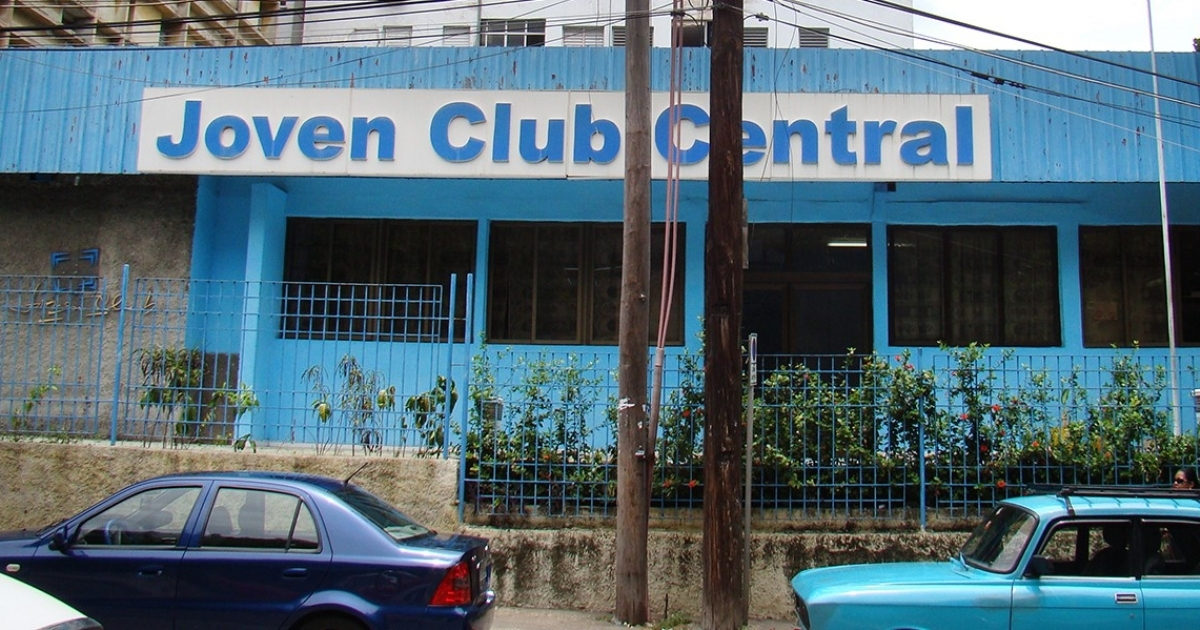
1 | 08/01/2021 – 8:05 PM (GMT-4)
The Young Computing and Electronics Club (JCCE) is beginning to charge for access to the Wi-Fi networks created by SNet, the popular and successful private wireless network that was decommissioned by the Cuban government in 2019 to provide state control over computer services in the country.
According to an official statement reproduced by the CubaDebate portal, “in light of the process of ordering the economy and given the acceptance of the service, the fee will be effective from February 1, 2021. Users will receive the monthly fee can pay, of 20 CUP, or if they want, they can pay the advance of up to one year of service ”.
In the first three months, from “February to May”, users can pay for the service in two ways: directly at the facilities, with the instructor for the services or by topping up from your Joven Club account via Transfermóvil. June, payment will only be made through the electronic payment gateways that exist in the country, “the statement said.
The information from Cuba Debate indicates that there are 28,000 users, which equates to a monthly collection of 560,000 Cuban pesos. The fact is, however, that Tinored, SNet’s official replacement platform, has pulled all the infrastructure, the model and some of the users from the previous private network.
The services of this JCCE network include network video games, a state version of the weekly package called My backpack, a social network called Tendedera, the Cuban encyclopedia Ecured, and national email and messaging services.
In mid-2019, Resolutions 98 and 99 of the Ministry of Communications (MINCOM) entered into force, stipulating that Cubans could manage private networks and register as self-employed people through a license, but with different conditions.
Requirements included the need to control content in favor of the interests of the Cuban government, and the setting of a limit for wireless networks no higher than 100 milliwatts. Mesh networks and cables that would necessarily cross the street to expand the service were also prohibited.
The crossing of cables in the streets caused the dismantling and cancellation of the popular SNet, which had about 40 thousand users in different municipalities of Havana.
Young Cubans who spent years maintaining and expanding the private network staged several protests at the MINCOM headquarters in Havana, but were eventually silenced and forced to fragment.
Before this ban, the Cuban state’s JCCE did not have a Wi-Fi wireless network service as an alternative to the lack of internet, but adopted the SNet logic and experience to charge, after a year for free for services they have appropriated.
We need your help:
Just like you, thousands of Cubans they read and support CiberCuba independent journalism. Our editorial independence begins with our economic independence: no organization in any country funds CiberCuba. We create our own agenda, publish our opinion and give a voice to all Cubans, without external influences.
Until today, our newspaper has only been funded with advertisements and own funds, but that limits our options. That is why we ask for your help. Your financial contribution will allow us to take more investigative action and increase the number of staff reporting from the island, while maintaining our editorial independence. Any contribution, large or small, will be very valuable for our future. Starting at just $ 5 and with just one minute of your time, you can partner with CiberCuba. Thank you.
Contribute now